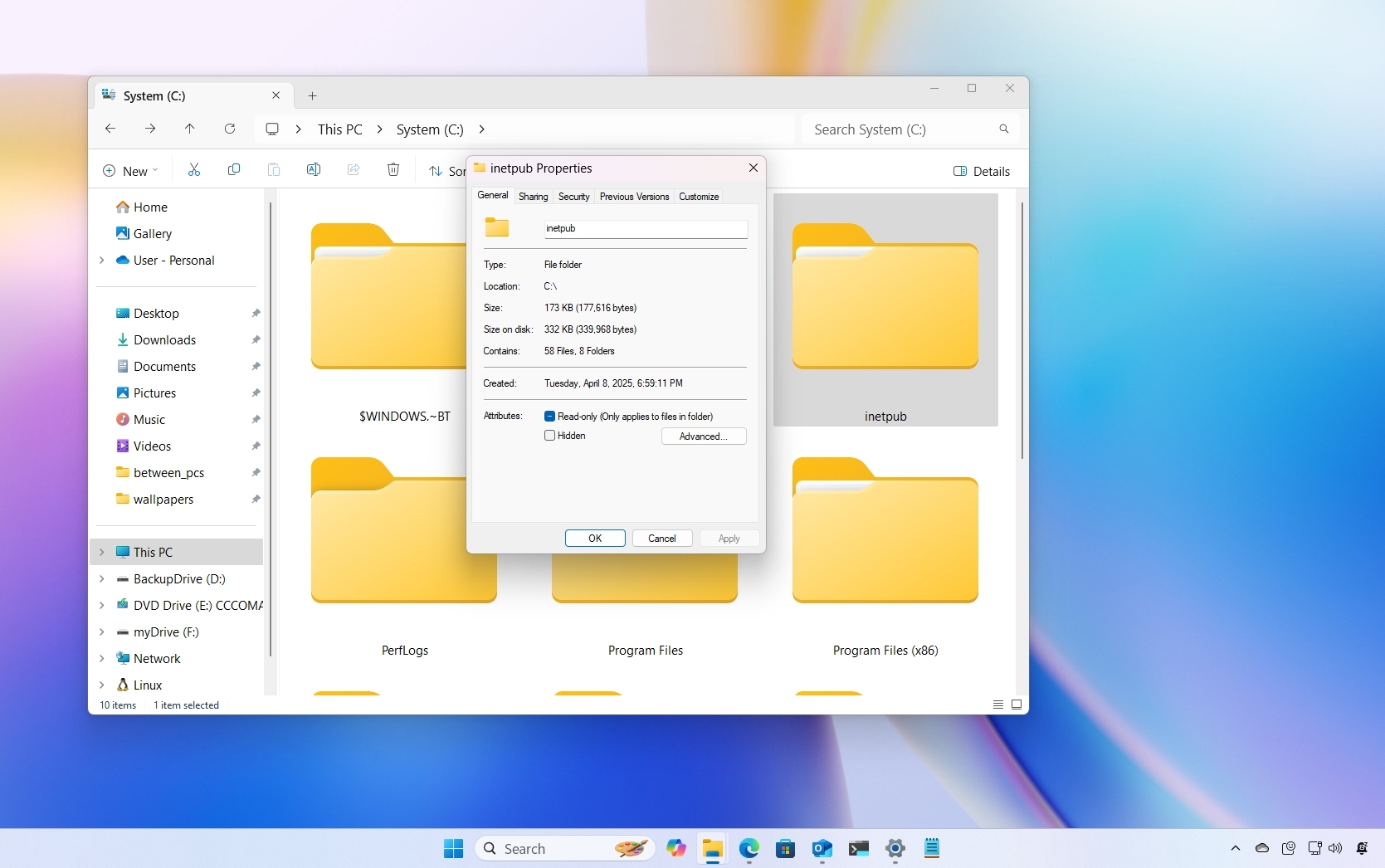Destiny 2 weapons guide: Classes, energy types, rarities and more
Destiny 2 is finally here for Xbox One. Here's how weapons have changed in the sequel and what it means to you.
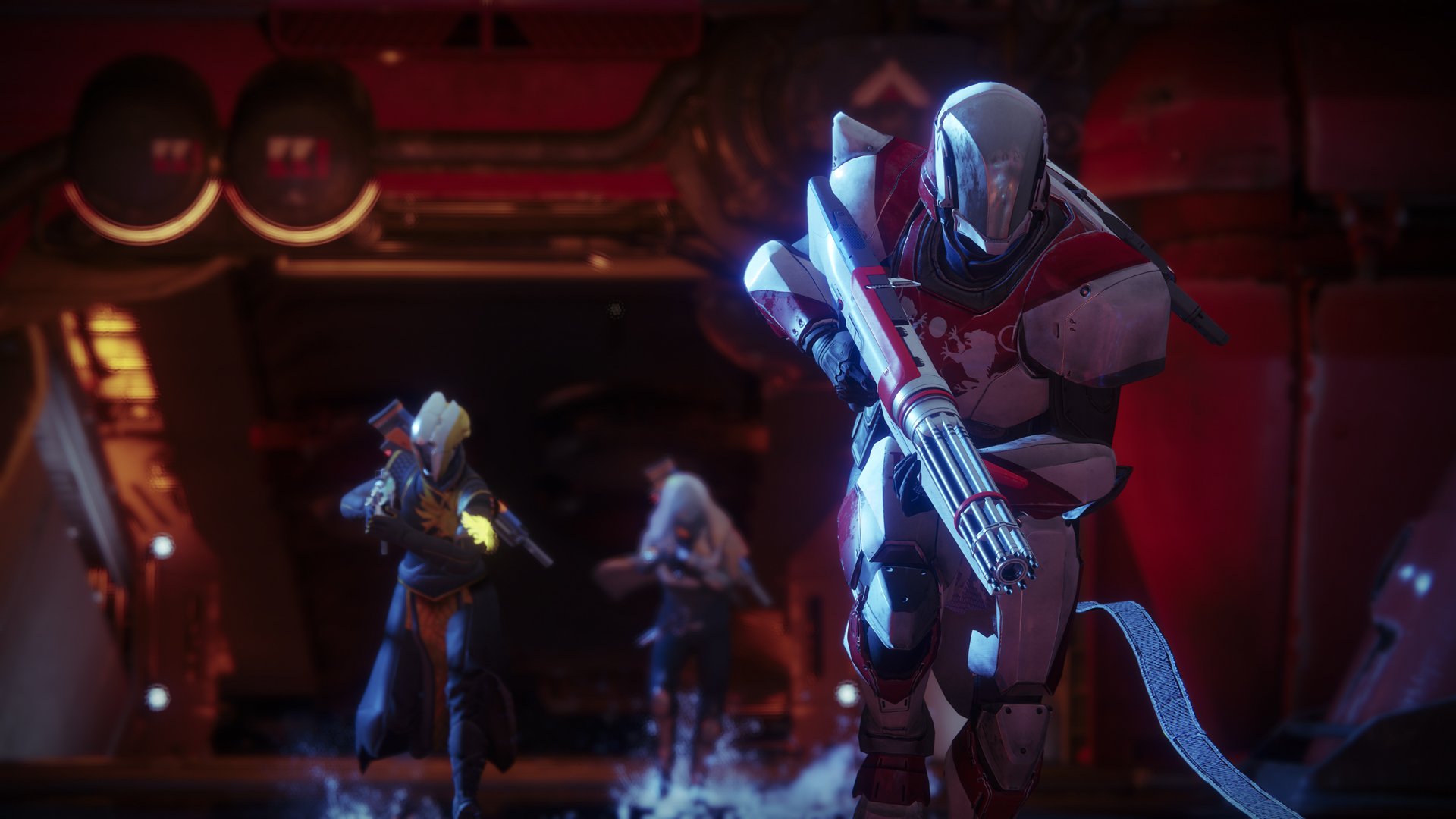
Although bearing similarities to its predecessor, Destiny 2 brings a lot of content for both veterans and newcomers to the franchise. Destiny previously excelled at delivering robust gameplay as its core focus – mostly due to its strong shooter mechanics. Destiny 2 brings a whole new arsenal of weapons to explore, with each class bringing its own unique style of combat.
Here's everything you need to know about the guns of Destiny 2.
How Destiny 2's weapons work
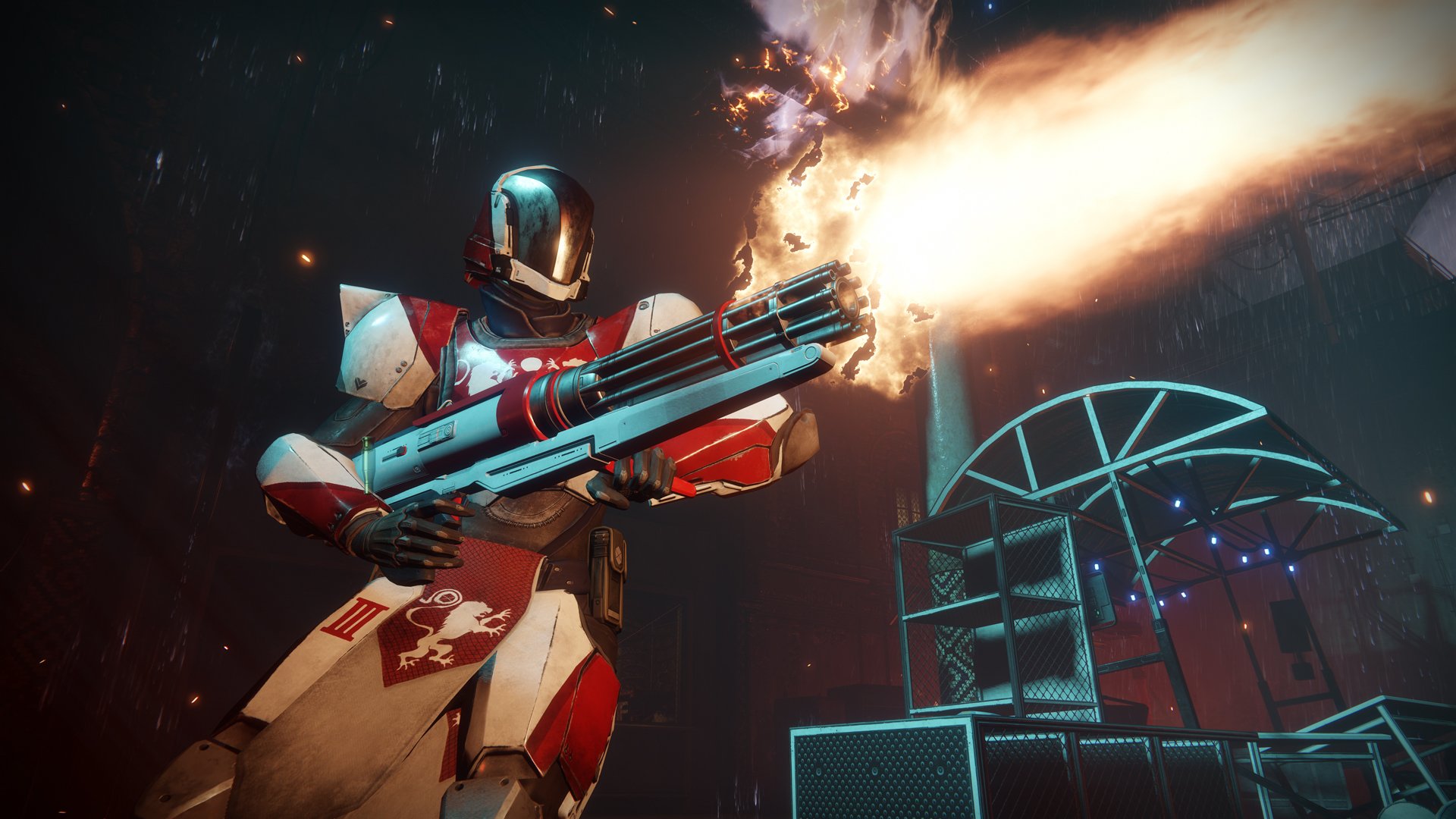
Destiny 2 inherits the majority of its mechanics from the first game, sorting each of its weapons into distinct classes. Each of these weapon types is associated with a few defining traits, which are generally seen across every firearm within the class.
The inventory system has also seen some changes, the biggest of these being a new approach to how weapons are equipped. In the legacy version of Destiny, weapon classes were assigned to one of three weapon slots, which restricted both weapon combinations and the type of ammunition that could be used. Now, most weapons are sorted by whether they carry an energy type, while all heavy firearms are situated in their own dedicated slots.
All of Destiny 2's weapons are all sorted by rarity levels. Although this doesn't affect how weapons handle, rarity is often indicative of their performance on the field. And while rarity generally doesn't dictate how weapons are equipped, only one weapon of Exotic rarity can be equipped at a time.
Here's a breakdown of the three weapon slots, and the weapons that can be contained inside them.
Kinetic
This weapon slot houses a majority of standard weapon types, provided they don't have an associated Energy type. These perform like the Primary weapon slot in the original Destiny, taking white ammunition. Scout Rifles, Auto Rifles, Pulse Rifles, Submachine Guns, Hand Cannons and Sidearms are all confirmed to be usable in this slot.
Get the Windows Central Newsletter
All the latest news, reviews, and guides for Windows and Xbox diehards.
Energy
Although similar to the Kinetic weapon slot in terms of compatible weapon classes, all items must bear some type of Energy type. Most weapons that deal Arc, Solar or Void damage must be used as your Energy weapon, and take green ammunition. Scout Rifles, Auto Rifles, Pulse Rifles, Submachine Guns, Hand Cannons and Sidearms are all confirmed to be usable in this slot.
Power
This slot is reserved for heavy weapon types that aren't usable in the other slots. Whether Kinetic or Energy-based, all weapons under certain classes must be used as Power weapons, taking purple ammunition. Shotguns, Fusion Rifles, Sniper Rifles, Rocket Launchers, Grenade Launchers, and Swords are all confirmed to occupy this slot.
Kinetic and Energy weapons
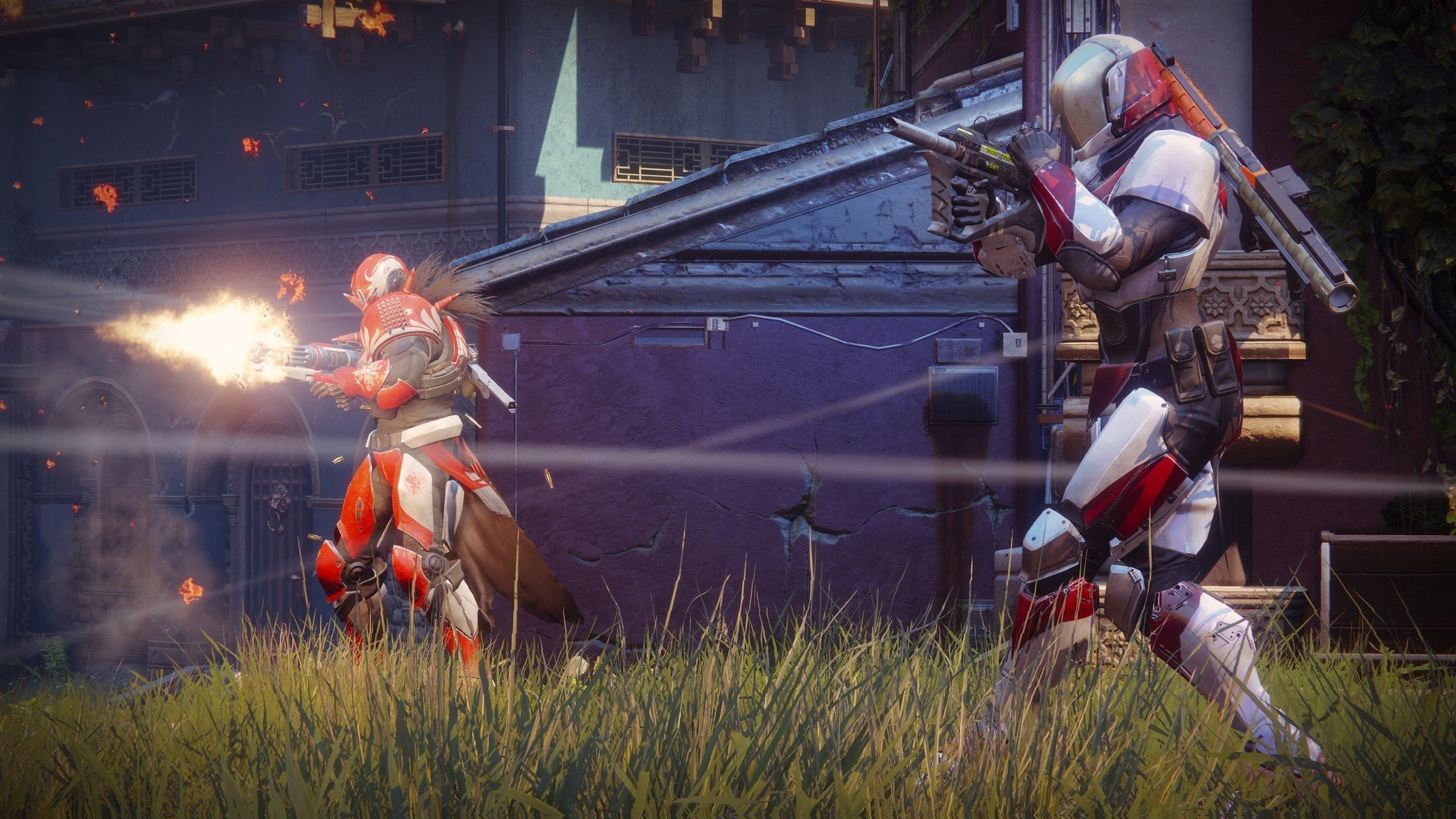
Auto Rifles
These are a fully automatic weapon class, sporting a fast fire rate to deliver consistent damage. However, this often results in strong recoil, which can be hard to control over distances. This class of weapon is usually best suited for close range as a result, with some weapons stretching to medium ranges.
Pulse Rifles
These deliver damage in set bursts, usually three rounds per trigger pull. Although a burst can maintain better stability than over longer ranges, they fail to deliver the accuracy of Scout Rifles. While an adaptable rifle, these weapons are best used at medium ranges
Submachine Guns
These are a new weapon class in Destiny 2, often delivering unrivaled fire rates for a fully automatic weapon. With less stopping power per round, these firearms often have more controllable recoil, too, although range suffers. As a result, submachine guns should be used strictly in close quarters situations.
Scout Rifles
These are a primary weapon in Destiny 2, packing high impact and accuracy, and frequently excelling and medium to long range. Due to the low semi-automatic fire rate, recoil is rarely an issue with this class of firearm.
Hand Cannons
The classic revolver-style pistol of Destiny, delivering heavy damage in exchange for a shorter range. However, these weapons are unrivaled for precision at close range, sometimes offering easy headshot kills against mobs.
Sidearms
These provide a high rate of fire, but struggle with both range and stopping power. While they can be a valid tool against lower level enemies, sidearms traditionally struggle to deliver steady damage in most situations.
Trace Rifles
They are laser-based weapons making their first appearance in Destiny 2, dealing damage via a consistent beam of energy. This weapon archetype was announced as a part of a preorder bonus, showcasing just a single Arc-based Exotic variant of this weapon class.
Power weapons
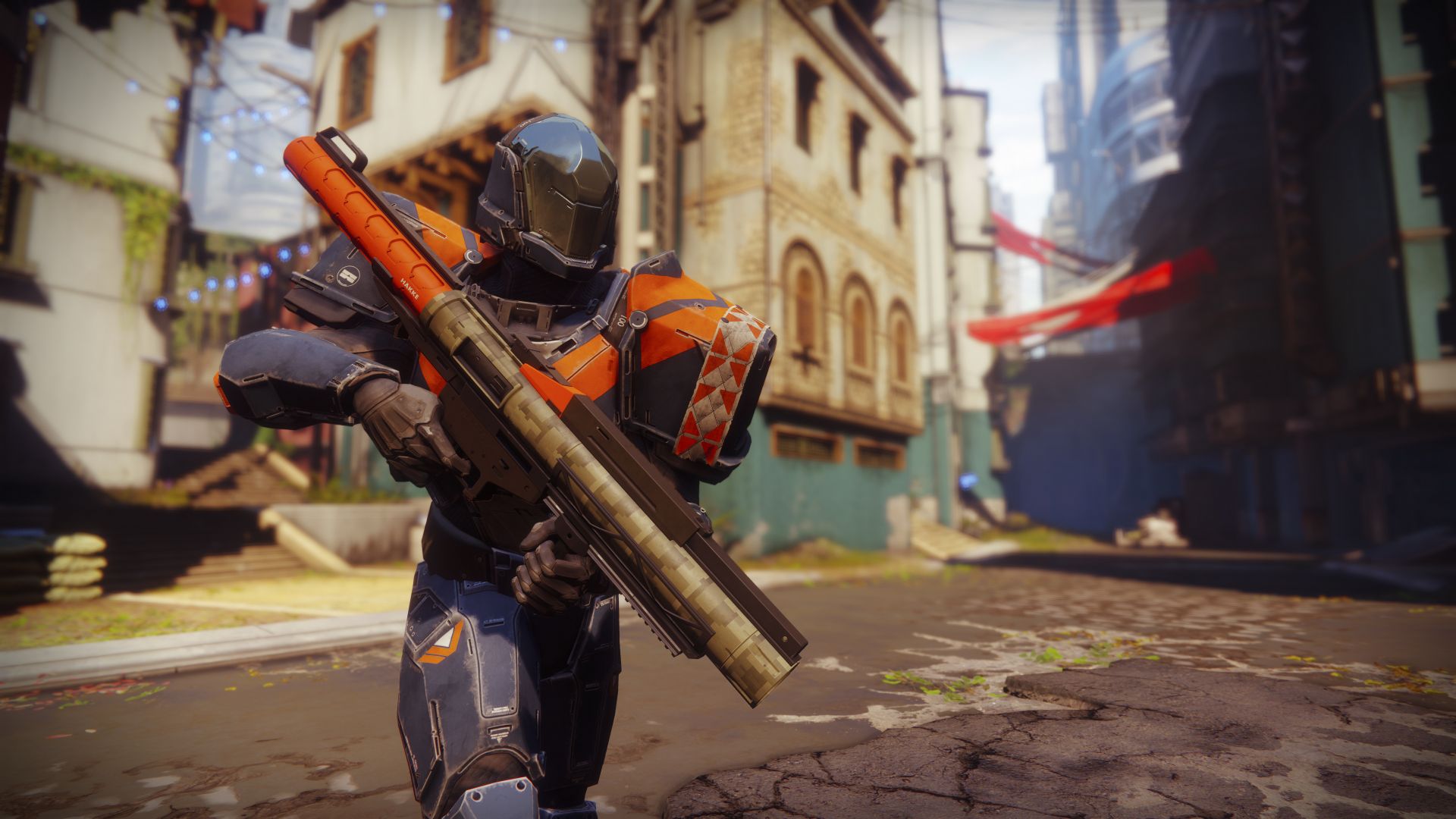
Shotguns
A classic video game companion, delivering a heavy, forceful blow at close range, firing multiple projectiles in a spread. The traits of shotguns can vary but commonly provide high damage, with a relatively low number of shots between reloads.
Fusion Rifles
These offer a unique style of play through a shotgun-style energy blast. These medium range weapons must be charged up before firing, and they deliver damage in a single burst. The traits of these rifles can vary from model to model, but they generally deliver heavy damage and a sizeable charge-up period.
Sniper Rifles
One of the few long-range weapons available in Destiny, providing access to high-zoom scopes and unmatched stability. These weapons are also unbeaten at dealing precision damage, provided you're able to keep your distance from the target.
Rocket Launchers
These deal heavy explosive damage through a slow-moving projectile. Upon impact, shots fired from this weapon deliver damage across a wide radius, potentially throwing enemies back in the process. Although damage can spread over a wider distance than most weapons, landing a direct hit provides optimal damage.
Grenade Launchers
These are making their debut in Destiny 2 as a new explosive Power weapon. As the name suggests, they fire a small clip of grenades, which can be rebounded off terrain to hit targets.
Your thoughts, and related reading
Have you been playing Destiny 2? Which are your favorite weapon classes? Let us know your top picks in the comments section.
- Everything we know so far about Destiny 2
- Destiny 2 Exotic weapons guide
- 4 things we loved about Destiny 2's beta – and 2 things we hate
Matt Brown was formerly a Windows Central's Senior Editor, Xbox & PC, at Future. Following over seven years of professional consumer technology and gaming coverage, he’s focused on the world of Microsoft's gaming efforts. You can follow him on Twitter @mattjbrown.

